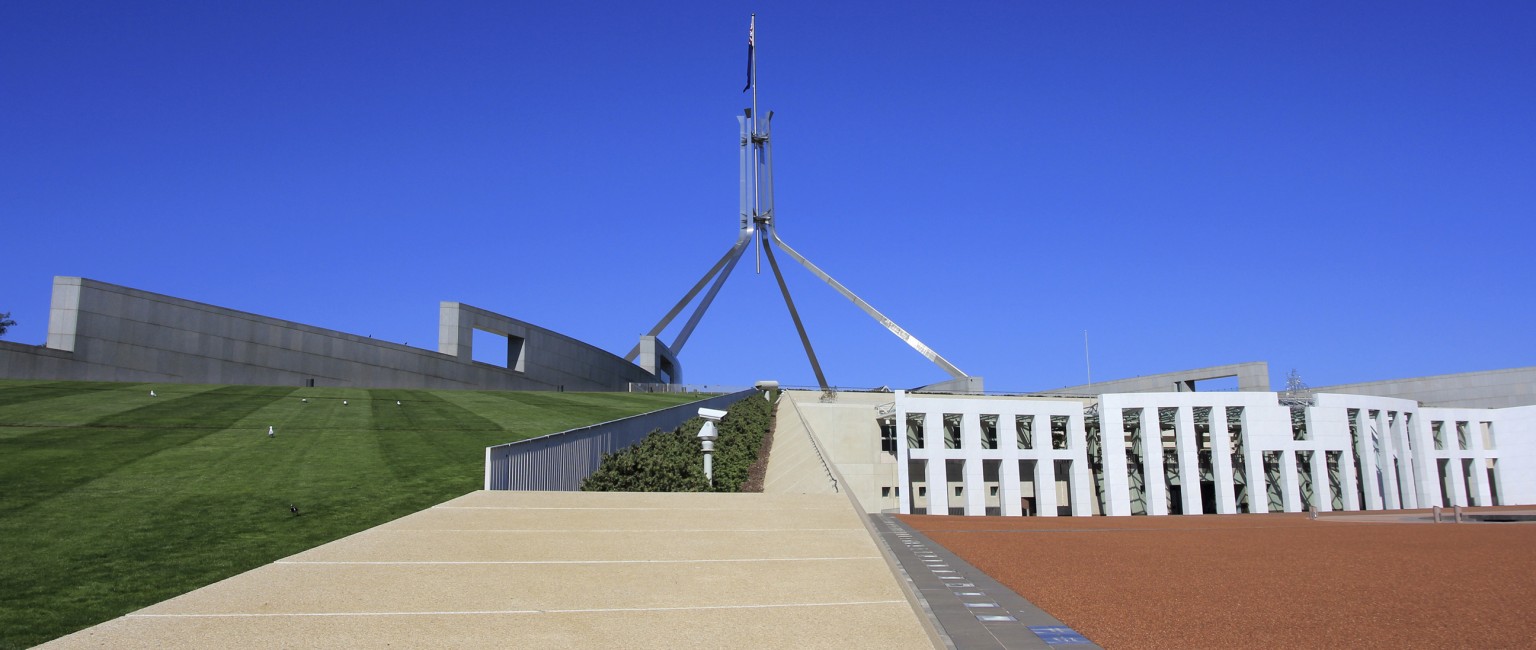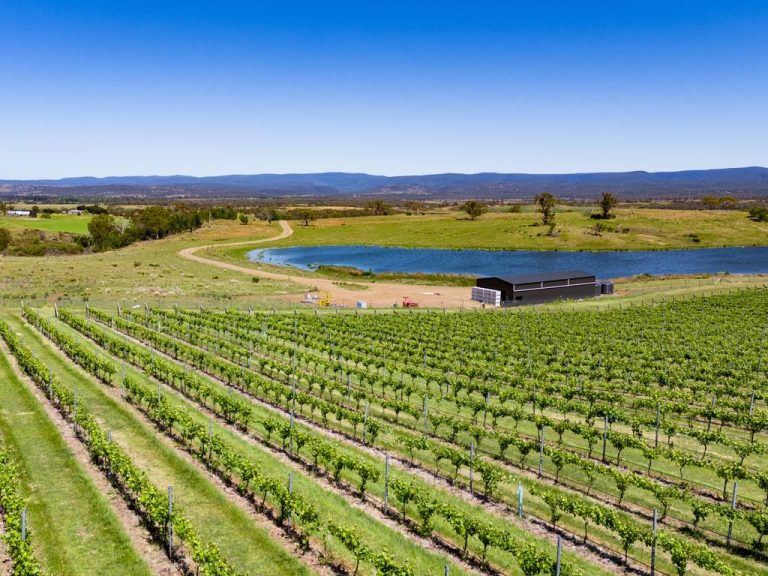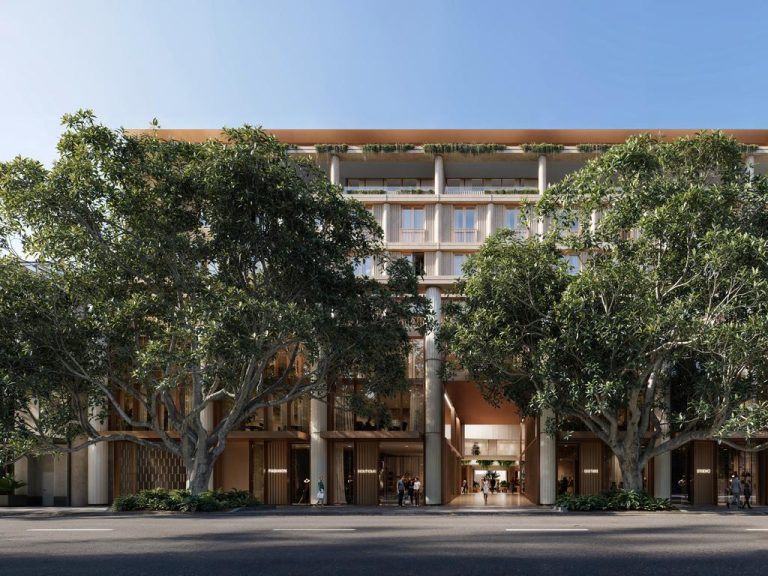Federal Budget, investors & commercial property

Last night’s maiden Federal Budget from Treasurer Joe Hockey sets the scene for cutting the nation’s $50 billion deficit while encouraging wealth creation by not targeting corporate and private investors.
Company taxes for big business will not be increased while the “heavy lifting” will be borne largely by high income earners, through a temporary debt levy, and low income earners, through cuts to health and welfare payments.
Taxes will be trimmed for some small businesses and research and development for new inventions, particularly novel medicines, will be spurred by generous incentives.
The much-feared dilution of negative gearing tax offsets did not happen and there are no shock introductions of levies for property owners.
What does it mean for investors?
Head of ANZ Group’s property research Paul Braddick said there was little of note regarding property investments “as far as we can see”.
“The axing of the first home saver accounts scheme is too small to be of any real concern,” Mr Braddick added.
“But discontinuing future incentive allocations under the National Rental Affordability Scheme (NRAS) is unfortunate as housing affordability difficulties are most keenly felt by low income renter households,” he said.
The NRAS directly addressed the fundamental cause of the problem – an inadequate supply of affordable rental accommodation – and axing incentives to build and rent cheap housing may deprive potential landlords from investing in that sector.
“Australia’s existing housing shortage, combined with strong population projections, suggest housing affordability will deteriorate further in the years ahead and low income rental households are the most vulnerable.”
Read more: Federal Budget 2014: what it means to the property sector
Super taxes unchanged
But in a bonus for property investors, changes to superannuation taxation have not surfaced, Mr Braddick said.
This will continue to encourage self-managed superannuation funds to invest in commercial property and may even increase risk appetite for transactions above the $1 million mark, which is where most current SMSF spending tends to be capped.
In a bonus for property investors, changes to superannuation taxation have not surfaced.
“Suggestions from the recent National Commission of Audit that taxpayer funded rebates be removed by axing negative gearing, for instance, may have been deemed too unpalatable this time around, but they are never completely off future agendas,” Mr Braddick said.
The abolition of $235 million of core planks from the NRAS and cuts of $173 million to the seniors housing assistance program were also seen as a negative by Residential Development Council chief Nick Proud.
Outgoing Property Council of Australia chief Peter Verwer welcomed the Government’s postponement of the proposed Managed Investment Trust (MIT) reforms for a year “to ensure we implement the right measures at the right time for industry and investors”.
Infrastructure a positive for investors
Investment analysts are giving the new Budget their blessing, saying that it appears to be designed to help investors make more money rather than take away from them.
Plans to spend more on road and other infrastructure building will eventually produce an upside for the property sector as construction is turbo charged around the nation in the medium to long term.
In the shorter term, however, economic growth may continue to be subdued as lower income brackets have their belts tightened through a reduction to government health and welfare benefits.
Plans to spend more on road and other infrastructure will produce upside for the property sector.
Economists have said this will put a lid on consumption spending and thus remove the necessity for any interest rates on borrowing to be increased by the Reserve Bank of Australia before the end of the year, as some had predicted.
Interest rates could remain low
Deloitte Access Economics’ Chris Richardson said the spending the government is theoretically “taking out of the economy could be offset by the RBA not increasing the cash rate until 2015”.
“The government is trying to walk the fine line between repairing the budget on the one hand, without damaging an economy that is fragile on the other,” he said.
“So the first rate rise will not be this year, it will be next year sometime.”
So the first rate rise will not be this year, it will be next year sometime.
Commercial property agents have welcomed the chance that interest rates are likely to remain historically low in the foreseeable future as it will fuel investors’ desires to borrow and increase the appetite for larger property investments.
Budget could stimulate retirement sector
The PCA has taken credit for this Budget’s scrapping of retirement village residential loan liabilities that would have emerged from tax consolidation changes in last year’s Labor government budget.
“The original proposal threatened to tax retirement village income twice, where the ownership of a village changes due to a company acquisition,” the council said.
“This carve out will ensure retirement village operators are not subject to double taxation when a site is acquired by a consolidated group.”
The original proposal threatened to tax retirement village income twice.
A change such as this could re-invigorate investments in the sluggish retirement village sector.
Mr Verwer welcomed planned capital gains tax concessions to extend to intercompany dealings between members of unconsolidated groups, as this would remove the double counting of assets and allow entities to pass the land-rich test.
However, he criticised cuts of $450 million over four years to the Australian Reinsurance Pool Corporation, a $13.4 billion scheme run by a statutory authority to fund insurers that cover commercial property claims related to building and fixtures damages caused by terrorist acts.
Building commission gets a boost
The council welcomed a $34 million boost to the Australian Building and Construction Commission to stamp out illegal union activity on construction sites and budget measures to help states offload redundant assets through the Asset Recycling Initiative, with proceeds deposited into the new $50 billion infrastructure fund.
Major new investments to be bolstered by the fund include Melbourne’s East West Link, Adelaide’s North South Corridor, the Perth Freight Link, Toowoomba Second Range Crossing and Western Sydney road upgrades to support Badgerys Creek.
In recognition that the boom from mining is petering out and that domestic car exports have all but disappeared, the 2014-15 Budget will fast track commercialisation of medical discoveries by creating the world’s largest research endowment fund at $20 billion and allocate hundreds of billions more to encourage major capital works around the nation.







